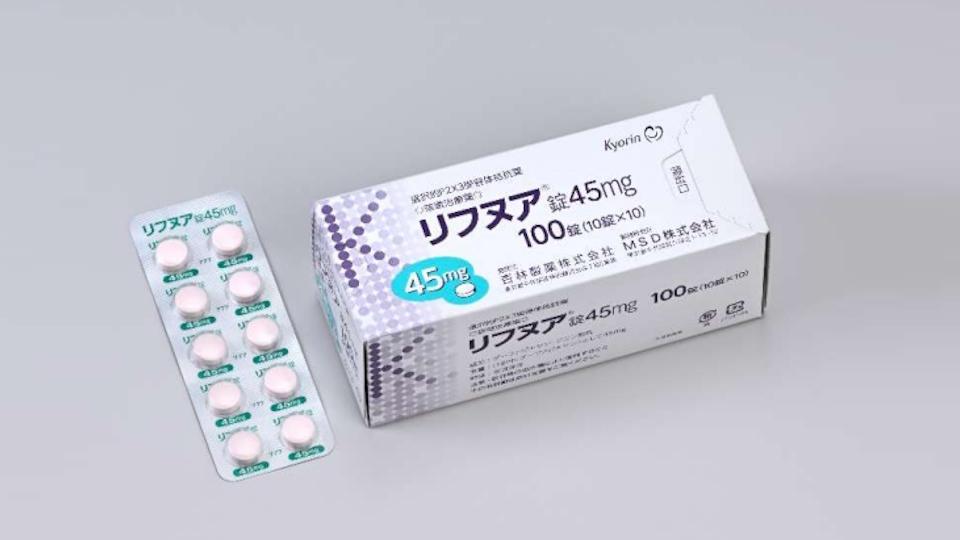FDA holds back MSD’s chronic cough drug again

Gefapixant is already approved as Lyfnua in Europe and Japan
MSD will have to return to the drawing board to chart a course for US approval of its chronic cough treatment gefapixant. The FDA has declined to approve the drug for a second time, saying the pharma has not done enough to show efficacy.
The latest complete response letter (CRL) for gefapixant comes even though the drug is already on the market in Europe and Japan under the Lyfnua brand name, and less than two years after the FDA first rejected it in January 2022.
MSD – known as Merck & Co in North America – had submitted the oral selective P2X3 receptor antagonist to the US regulator as a treatment for refractory chronic cough (RCC) or unexplained chronic cough (UCC) in adults.
In a statement, the drugmaker said the FDA had concluded that its application “did not meet substantial evidence of effectiveness for treating RCC and UCC,” and it is now reviewing the next steps for the programme.
At the moment there are no approved therapies for suppressing refractory chronic cough, defined as lasting for eight weeks or more, which is estimated to affect somewhere between 5% and 10% of people worldwide.
MSD’s delay in the US could lend an advantage to GSK, which acquired rival P2X3 blocker camlipixant (BLU-5937) when it took over Bellus Health in a $2 billion deal earlier this year and is waiting on the outcome of a phase 3 trial in RCC. GSK said in June it anticipates that camlipixant “has the potential to deliver significant sales through 2031 and beyond.”
The P2X3 blocker class has however proved to be challenging for drug developers. Last year, Bayer abandoned the development of its candidate eliapixant – which had reached phase 2 for RCC as well as other indications including endometriosis, overactive bladder and diabetic neuropathic pain – after concluding its benefit-to-risk profile was not favourable. Bayer returned rights to the drug to partner Evotec.
Meanwhile, Shionogi reported disappointing clinical results with its P2X3 drug sivopixant in RCC and UCC, which could not improve on placebo on the main endpoint of change from baseline in 24-hour cough frequency in a phase 2b study published last year. The drug is no longer listed in Shionogi’s pipeline.
Dr Joerg Koglin, head of global clinical development at Merck Research Laboratories, said the company was “disappointed” by the FDA’s stance on gefapixant given “the absence of any approved treatments for refractory or unexplained chronic cough.”












